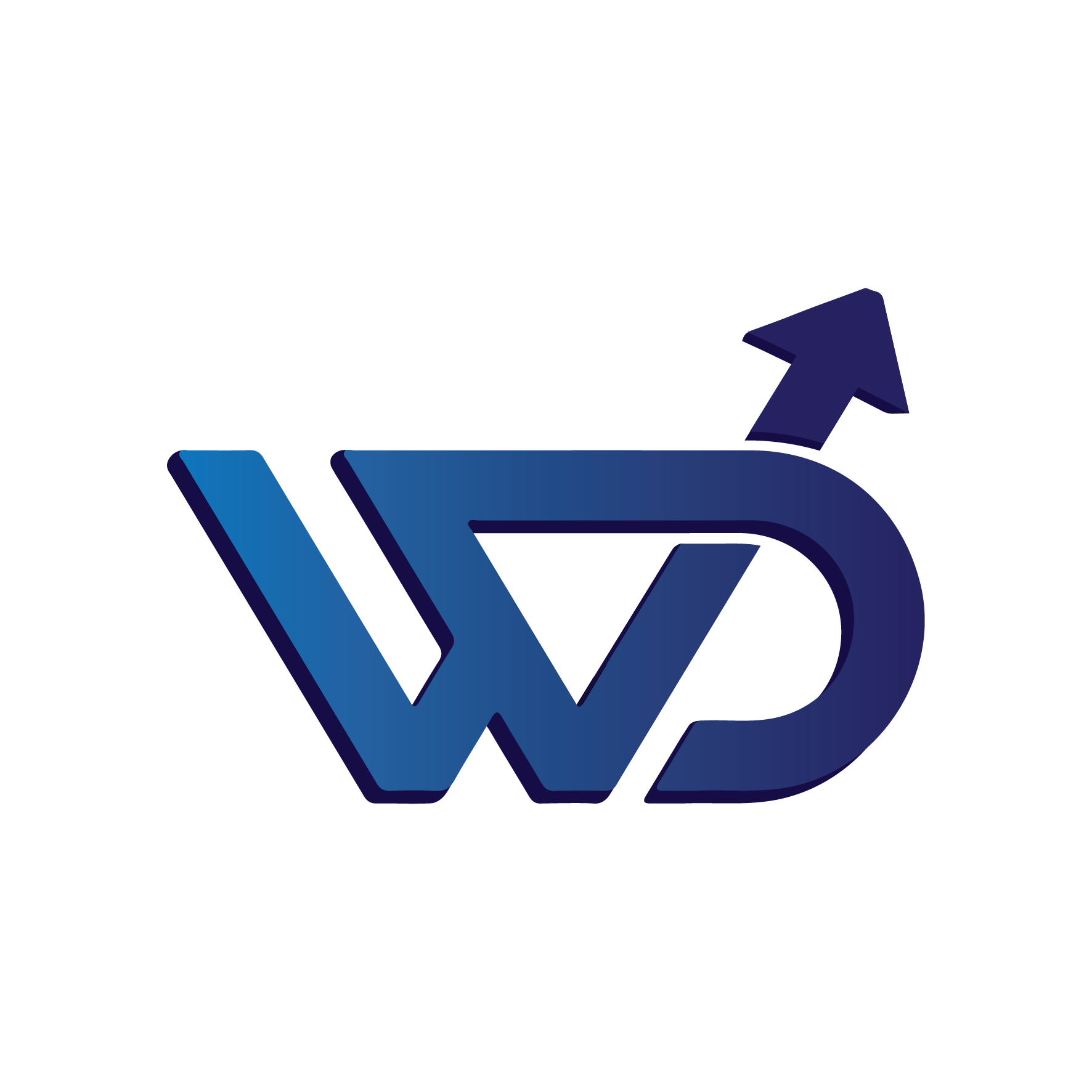Address
208 2nd floor Steel Chambers Devji Ratansi Marg Mumbai
Work Hours
Monday to Friday: 7AM - 7PM
Weekend: 10AM - 5PM
In today’s digital landscape, content marketing has emerged as a cornerstone strategy for businesses looking to engage their audience, build brand loyalty, and drive conversions. Whether you’re a small business or a global enterprise, the power of content marketing lies in its ability to connect with your audience on a deeper level, providing value and fostering trust. In this blog post, we’ll explore the key elements of successful content marketing and offer practical tips on how to engage your audience effectively.
Content marketing is the practice of creating and distributing valuable, relevant, and consistent content to attract and retain a clearly defined audience. Unlike traditional advertising, which often interrupts the consumer experience, content marketing aims to deliver useful information that addresses the needs and interests of your target audience.
Audience Research
Understanding your audience is the foundation of effective content marketing. Conduct thorough research to identify your target demographic, their interests, pain points, and preferred content formats. Tools like Google Analytics, social media insights, and customer surveys can provide valuable data.
Content Strategy
Develop a content strategy that aligns with your business goals and addresses the needs of your audience. Your strategy should include:
High-Quality Content Creation
Focus on creating content that is informative, engaging, and valuable. Here are some tips:
Distribution and Promotion
Creating great content is only half the battle; you also need to ensure it reaches your audience. Utilize various distribution channels, such as:
Engagement and Interaction
Encourage your audience to interact with your content by:
Analytics and Optimization
Regularly analyze your content performance using tools like Google Analytics, social media insights, and email marketing reports. Identify what works and what doesn’t, and adjust your strategy accordingly. Focus on metrics such as engagement rates, conversion rates, and traffic sources to refine your approach.
Content marketing is a powerful tool for engaging your audience and building long-term relationships. By understanding your audience, creating high-quality content, and leveraging effective distribution channels, you can harness the power of content marketing to achieve your business goals. Remember, the key to successful content marketing is consistency and a genuine focus on providing value to your audience.
Embrace the power of content marketing, and watch your audience engagement soar. If you need help crafting a winning content strategy, Digital Wise is here to assist. Our team of experts specializes in digital marketing and graphic design, ensuring your brand stands out in the crowded digital landscape. Contact us today to get started!

